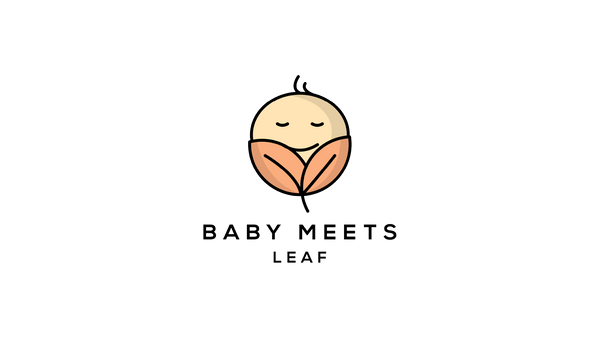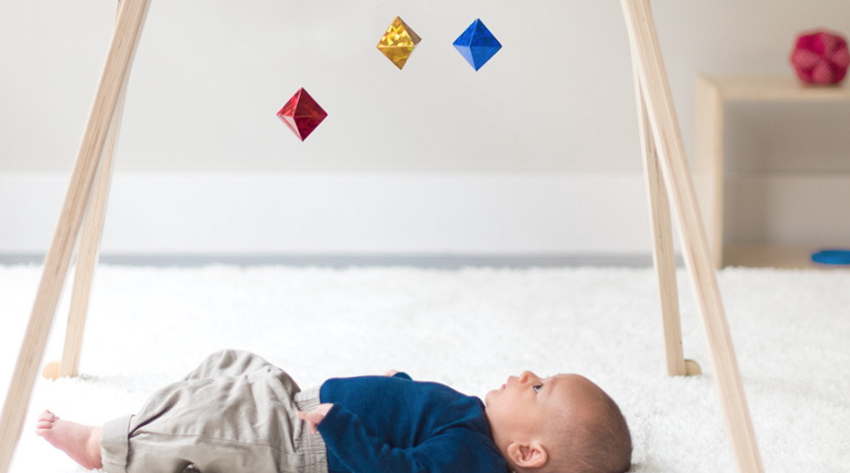The Montessori method is an educational philosophy and approach developed by Dr. Maria Montessori, an Italian physician and educator, in the early 20th century. The approach emphasizes the development of the whole child - physically, socially, emotionally, and cognitively - and is based on the belief that children have an innate desire to learn and explore their environment.
The Montessori method is characterized by a prepared environment that is carefully designed to meet the developmental needs and interests of the child. The classroom is typically divided into different areas, such as practical life skills, sensorial experiences, language, math, and cultural studies. Children are encouraged to work independently and at their own pace, with the teacher serving as a facilitator and guide.
The Montessori approach also emphasizes hands-on learning and the use of concrete materials to aid understanding of abstract concepts. For example, in the math area, children may work with manipulatives such as beads, cubes, and rods to learn about numbers, operations, and geometry.
Overall, the Montessori method aims to foster independence, self-discipline, critical thinking, creativity, and a love of learning in children. It has been widely adopted in early childhood education settings around the world, and has also been adapted for use in primary and secondary education.

